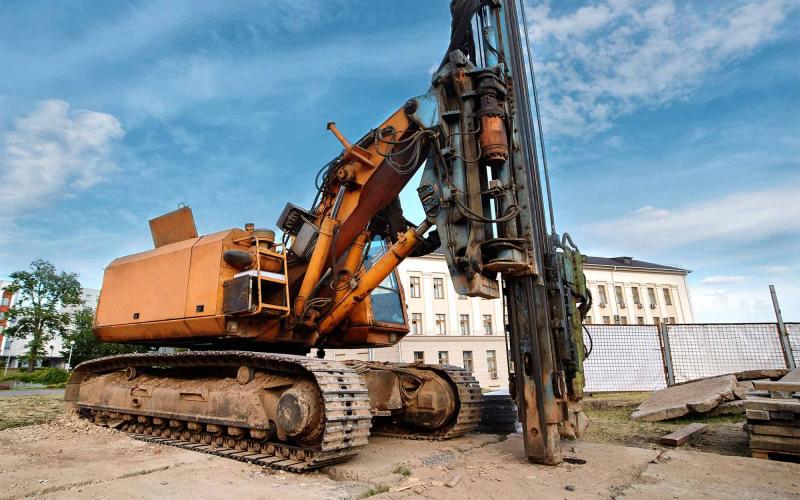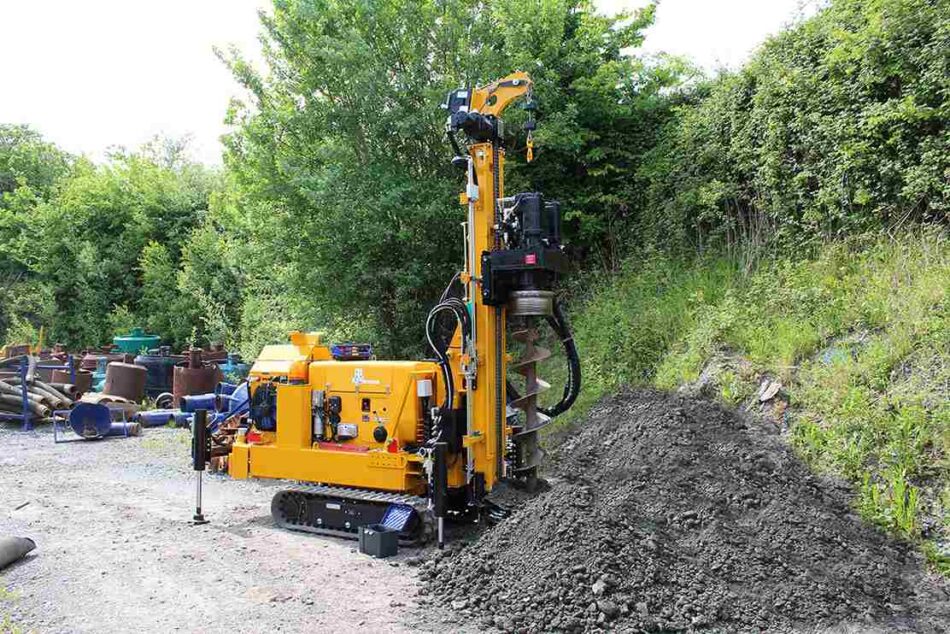Mini piling is one of the most versatile piling solutions. You can rely on it to strengthen the foundations of both existing and new structures. They are drilled deep into the ground to reduce the risk of any damage to the property due to soil movements and ensure structural stability.
When planning mini piling in the UK, the overall cost can vary widely. This variation isn’t just based on the size of the project but also depends on several practical and location-based factors. At UK Underpinning Solution, we emphasize understanding these variables to help you budget more accurately and avoid unwanted surprises. Let’s go through them without further ado.
Factors Affecting the Cost of Mini Piling
Location
Where your project is based in the UK has a major impact on the cost of mini piling. For example, mini piling in Birmingham is often more affordable than in London. The main reason is that operating costs, such as labour, transport, and permits, are typically lower in Birmingham.
On the other hand, London’s higher living expenses, stricter regulations, and increased demand have increased the cost of mini-piling. Moreover, accessing tight urban spaces in busy areas like London can require specialist equipment or extra labour, which further increases the cost. So, the location of the construction site is a key factor that can affect the cost.
Ground Conditions
The type of soil and underground conditions at your site can greatly affect mini-piling costs. If the ground is soft, sandy, or waterlogged, it requires longer and stronger piles to provide enough support. Similarly, if the area has rocky or clay-heavy soil, the work may take longer and need more specialised equipment.
In some cases, a ground survey will be needed to check for underground obstacles, such as tree roots, pipes, or old foundations. All these things can increase both time and cost. It means, understanding ground conditions before starting the project can help you set a more accurate budget.
Depth and Diameter of Piles
The deeper and wider the piles need to be, the more material and labour will be required, which ultimately results in higher costs. Shallow piles are generally more affordable because they use less steel and concrete.
However, if the building needs extra support due to poor ground conditions or heavy load requirements, you need to drill piles deeper. The same applies if the structure being supported is irregular or multi-storey. Your structural engineer can help you determine the right size.
Access to the Site
If your site has limited access, it can increase the cost of mini-piling. Tight spaces, narrow driveways, or areas with height restrictions may require smaller equipment or extra planning. It ultimately adds to labour time and equipment hire costs.

In some cases, manual handling may be needed instead of machinery, which is slower and more expensive. In busy urban areas, you may also have to apply for special access permissions. In short, the easier your site is to reach and move around, the more cost-effective the mini-piling process will be.
Project Size and Complexity
The overall size of your project will directly affect the final cost. Larger projects with more piling points require more time, materials, and coordination. For complex structures, additional safety measures or testing is needed. If the structure is close to neighbouring buildings, the contractor will need to take extra precautions.
These steps are necessary for safety and compliance but can increase costs. Therefore, the scale and technical demands of your project are significant factors in pricing.
Equipment and Machinery Used
The type of machinery required can significantly affect the price. For example, if your site needs a restricted access mini piling rig or specialised drilling equipment, the hire and operational costs will be higher than standard machines. Sometimes, certain machines need to be brought in from another location, which adds delivery fees.
If your project requires noise-reducing or vibration-free piling, more advanced and expensive machinery will be necessary. So, the choice of machinery, based on access, environment, and scope, directly impacts the total cost of the piling job.
Contractor Selection
The contractor you choose will also influence how much you end up spending. Not all contractors charge the same. Prices can vary based on their experience, equipment, and location. For example, reliable mini piling contractors in Surrey often charge less than those based in London or other busy areas with high demand.
Make sure you don’t go for the cheapest quote. It can result in low-quality work or additional charges in the end. Therefore, you should compare multiple quotes to check what you will get at what cost.
Mini piling is a specialist process that plays a crucial role in many construction projects in the UK, especially in areas where space is limited and ground conditions are challenging. By understanding the aforementioned factors that affect the cost of mini piling, you can plan your project with more confidence.






